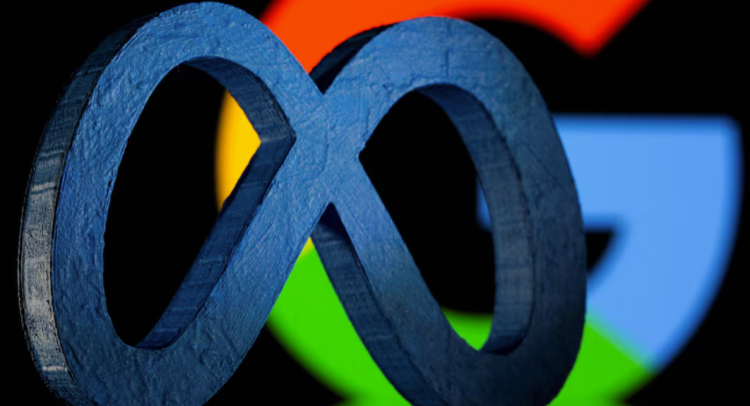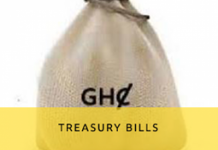Google and Meta have raised concerns about a proposed bill in Australia that would ban most social media access for children under the age of 16, urging the government to delay its passage in order to fully assess its potential impact.

The bill, introduced by Prime Minister Anthony Albanese’s government, aims to impose some of the strictest regulations on children’s use of social media in the world, requiring platforms to ensure age verification for users under the age of 16.
The legislation is set to be passed by the end of the parliamentary year, but both Google and Meta have requested that the government wait until the results of an ongoing age-verification trial are available.
Meta argued that, without these results, the government and the public cannot fully understand the scale or nature of the measures required by the bill, making the current form of the legislation “inconsistent and ineffective.”
Google expressed similar concerns, emphasizing the need for further consultation before moving forward.
The bill would place the responsibility for age verification squarely on social media companies, rather than on parents or children. If the platforms fail to comply, they could face hefty fines of up to A$49.5 million ($32 million).
This has sparked criticism from various stakeholders, including TikTok and Elon Musk’s X, who argue that the bill could infringe on children’s rights to freedom of expression and access to information.
Critics also argue that the bill has been rushed through the parliamentary process with limited consultation, leaving important stakeholders, including experts, mental health organizations, and social media platforms, with little time to provide input.
A Senate committee is expected to deliver a report on the bill, which has also received support from the opposition Liberal Party.
Bytedance’s TikTok also expressed significant concerns about the government’s approach, claiming the bill lacked clarity and had not been developed with sufficient consideration of its impact.
TikTok emphasized the importance of detailed consultation when introducing such novel policy, which it believes has not been properly undertaken in this case.
As the debate over the bill continues, various international companies and human rights groups are monitoring the situation closely, highlighting the broader implications of the legislation for children’s rights and digital freedoms.
























































![[FREE FREE MONEY] Predict and Win a Guaranteed GH¢200 From Us EVERY WEEK](https://wordpress.ghanatalksradio.com/wp-content/uploads/2022/02/Predict-and-Win-Final-09-03-2021-218x150.jpg)
![[Predict & Win – 8th/Oct.] WIN A Guaranteed ¢200 From Us This Week](https://wordpress.ghanatalksradio.com/wp-content/uploads/2021/10/maxresdefault-16-218x150.jpg)
![[Predict & Win – 2nd] WIN A Guaranteed ¢200 From Us This Week](https://wordpress.ghanatalksradio.com/wp-content/uploads/2021/09/maxresdefault-50-218x150.jpg)
![[Predict & Win – 25th] WIN A Guaranteed ¢200 From Us This Week](https://wordpress.ghanatalksradio.com/wp-content/uploads/2021/09/maxresdefault-36-218x150.jpg)
![[Predict & Win – 18th] WIN A Guaranteed ¢200 From Us This Week](https://wordpress.ghanatalksradio.com/wp-content/uploads/2021/09/maxresdefault-23-218x150.jpg)








![[National cathedral] See full list of churches that have contributed since 2018](https://wordpress.ghanatalksradio.com/wp-content/uploads/2020/09/Ghana-National-Cathedral-GhanaTalksRadio-100x70.jpg)



